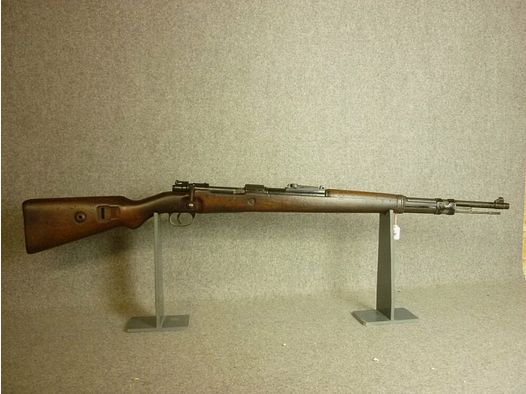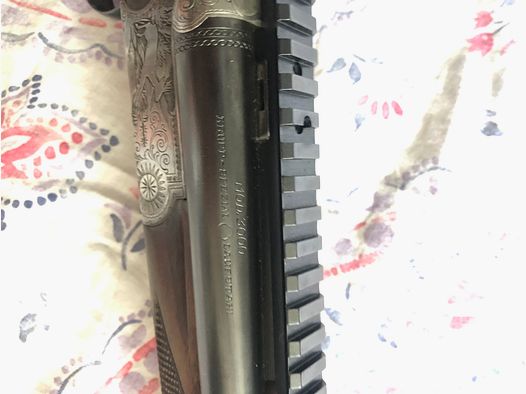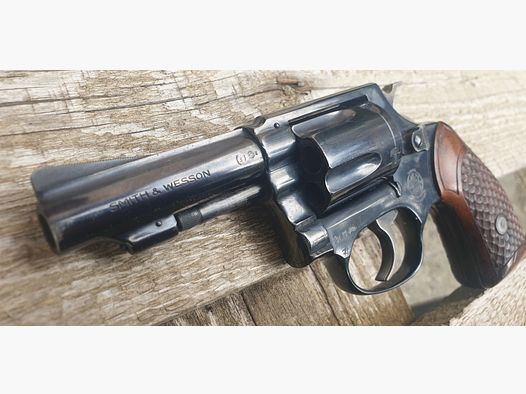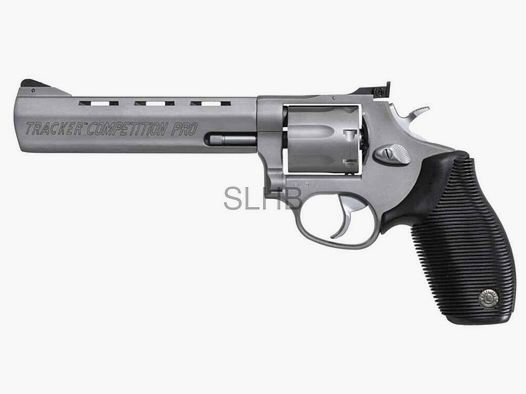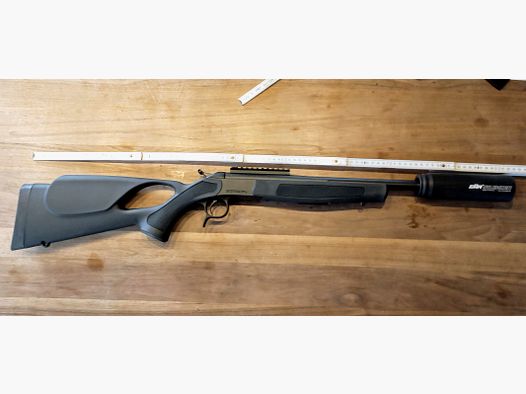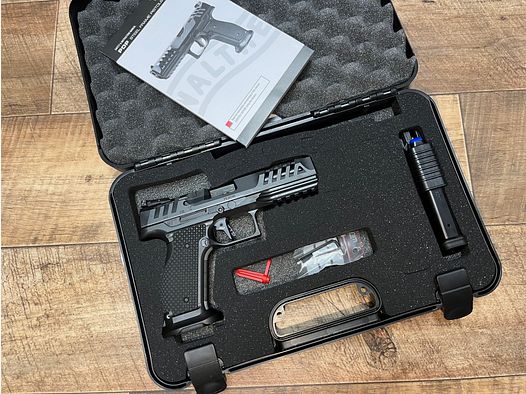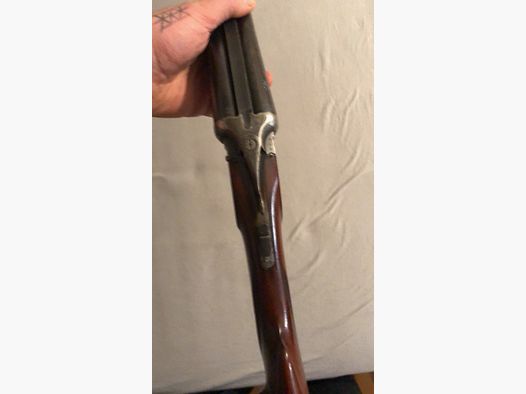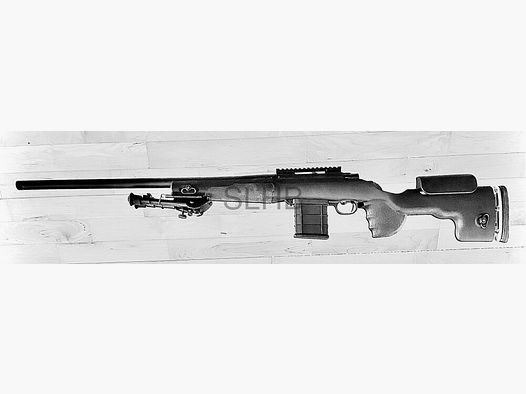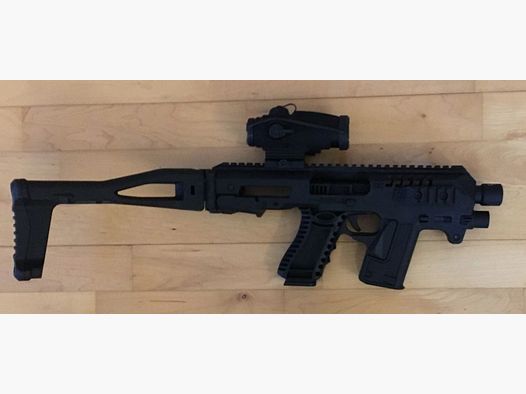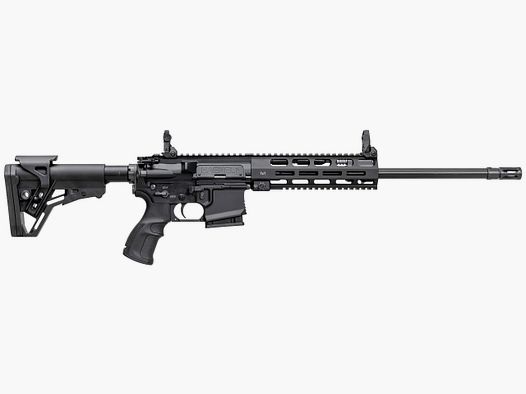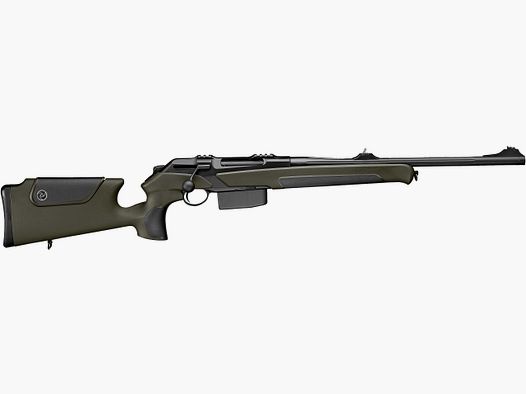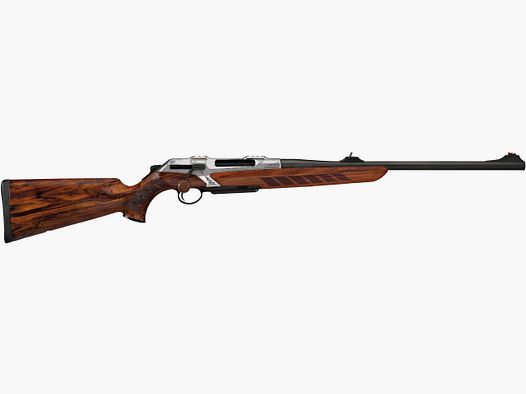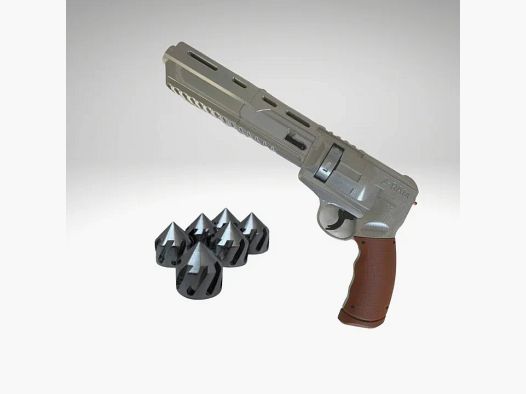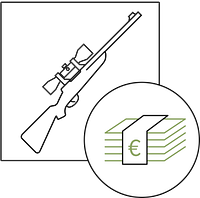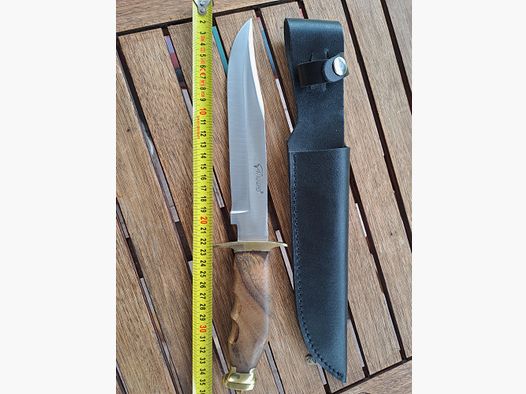In the USA, hunting licenses are legally required and fund conservation projects. The fees vary significantly depending on the state, species of game, and residency status (resident vs. non-resident). Here are the key points:
- Residents pay less: In Texas, for example, $25, in Alaska $45.
- Non-residents pay significantly more: In Wyoming up to $1,965 for big game.
- Alaska is particularly expensive for non-residents: Up to $2,200 for musk oxen.
- Additional fees: Big game hunting often requires special tags or permits.
- Hunter education is mandatory: Required in many states, especially for younger hunters.
The revenue from hunting licenses significantly contributes to wildlife management funding. In 2017 alone, $500 million was generated from over 15 million licenses issued. Differences between states are substantial, both in costs and requirements. Hunting licenses in the USA represent a complex but important system for conservation.
1. Costs for Hunting Licenses in Alaska
Alaska offers a variety of hunting licenses that differ significantly in cost depending on whether one is a resident or non-resident. The revenue from these licenses is used for the management and research of the state's fish and wildlife populations. This illustrates how varied the fee structures for hunting licenses can be in the USA.
Fees for Residents
For residents of Alaska, the costs for hunting licenses are relatively low. A standard hunting license costs only $45. Particularly popular is the combination license for hunting and sport fishing, available for $60.
Fees for Non-Residents
Non-residents pay significantly higher fees, underscoring Alaska's status as a premier destination for hunters. A standard hunting license costs $160, while a special small game license is available for $60.
For foreign hunters, the costs rise to up to $630, with an exception for military personnel who only pay $45. Additionally, there are attractive combo packages for hunters who also want to fish:
- Hunting and fishing license: $260
- Hunting license with 1-day fishing license: $175
- Hunting license with 3-day fishing license: $190
- Hunting license with 7-day fishing license: $205
- Hunting license with 14-day fishing license: $235
Costs for Species-Specific Tags
In addition to standard licenses, Alaska charges fees for certain species of wildlife. There are significant differences between the fees for residents and non-residents:
Bear hunting: Residents pay only $25 for a brown/grizzly bear tag (in selected areas). Non-residents, on the other hand, must pay $1,000, while foreign hunters must pay $1,300.
Black bear: The costs for black bear tags are $450 for non-residents and $600 for foreign hunters.
Big game: Non-residents pay $800 for a moose tag and $650 for a caribou tag. Foreign hunters pay $1,000 for a moose tag and $850 for a caribou tag.
Musk oxen: Here, the fees increase significantly. Non-residents pay $2,200 for bull and cow tags, while foreign hunters pay $3,000. Even residents pay $500 for a bull tag, while a cow tag costs only $25.
In addition to these fees, there are specific requirements for certain types of hunting, which will be explained in the next section.
Special Requirements
The licensing system in Alaska includes more than just standard licenses. Non-residents, for example, must purchase special closure tags for big game hunting. Additionally, extra tags are required for certain species such as brown/grizzly bears or musk oxen.
Alaska is divided into 26 wildlife management units (GMUs), which are often subdivided into subunits. Each unit has its own rules for daily limits and hunting seasons.
In some areas, registration permits are necessary. Hunters must register for specific species in a defined area before hunting. For areas with limited animal populations or high demand, lottery permits are also required.
Children under 10 years old who are non-residents also need a hunting license. Furthermore, stricter regulations may apply on public lands than those of the state.
2. Costs for Hunting Licenses in Texas
In Texas, the fees for hunting licenses vary significantly between residents and non-residents. Starting September 1, 2025, a uniform fee of $100.75 will be introduced for non-residents according to Bill SB1247. Here is an overview of the current fees for both groups.
Fees for Residents
Residents pay $25 for a standard hunting license. Seniors aged 65 and older and youth under 17 can purchase a license at a reduced price of $7.
Fees for Non-Residents
The cost for a general hunting license for non-residents is $315. Additionally, there are special licenses for certain types of hunting:
- Spring turkey: $126
- Exotics/small game: $132
- 5-day special: $48
- Migratory bird: $27
Non-resident youth under 17 also pay only $7.
Special Requirements
In addition to the basic licenses, further permits may be required depending on the hunting activity. The fees for archery, upland game bird, and migratory bird permits are each $7.
For special activities such as hunting reptiles and amphibians or using the deferred hunter education option, a fee of $10 is charged each. Waterfowl hunters also need a Federal Duck Stamp, which costs $28.50.
Anyone born after September 2, 1971, must provide proof of hunter education unless they are children under nine years old or military veterans. All licenses are valid from the date of purchase until August 31 of the following year, with sales beginning on August 15 each year. Youth under 17 may only hunt when accompanied by a licensed adult who has completed hunter education.
3. Costs for Hunting Licenses in Wyoming
After examining the fees in Alaska and Texas, let's take a look at Wyoming. Here, there is a dual licensing system for non-residents that includes regular and special licenses for popular game species such as deer, elk, and antelope. Special licenses are more expensive but offer better chances in the lottery.
Fees for Residents
Residents in Wyoming pay an application fee of $5 as well as license fees that vary depending on the species:
- Antelope: $37
- Deer: $42
- Elk: $57
- Moose: $152
- Bighorn sheep: $152
- Black bear: $47
- Gray wolf: $21
Fees for Non-Residents
For non-residents, the costs are significantly higher. The application fee is $15, and the regular license fees are, for example:
- Antelope: $341
- Deer: $389
- Elk: $707
Special licenses that offer better lottery chances cost:
- Antelope: $1,215
- Deer: $1,215
- Elk: $1,965
Costs for Rare Game Species
For rarer game species, non-residents face the following fees:
- Moose: $2,752
- Bighorn sheep: $3,002
- Black bear: $373
- Gray wolf: $187
- Turkey: $74
Non-resident youth benefit from reduced rates:
- Antelope or deer: $110 each
- Elk: $275
- Elk cow/calf: $100
Additional Requirements
In addition to the license fees, there are further necessary permits:
- Conservation Stamp: $21.50
- Archery Permit: $72.00 (for youth: $12.00)
- Elk Special Management Permit: $15.50
Hunters born after January 1, 1966, must provide a hunter education certificate. Additionally, special permits are required for some hunting areas.
“The mentor is responsible for ensuring that their protégé understands the relevant hunting regulations, safe hunting practices, and ethical considerations during each supervised hunting experience.” – Wyoming Game & Fish Department
Non-residents wishing to hunt big or trophy game in federally designated wilderness areas must either hire a professional outfitter or a local guide. All big and trophy game hunters are required to wear fluorescent orange or pink clothing – except for archers during special archery seasons.
A bill proposed in January 2025 could increase application fees to $20 for residents and $75 for non-residents. However, the status of this bill remains open until July 2025.
The license fees and requirements in Wyoming highlight the significant differences between states. In the next section, we will take a look at Montana and its fee structure.
4. Costs for Hunting Licenses in Montana
Montana has one of the most complicated fee structures in the USA, with significant differences between the costs for residents and non-residents. Particularly striking: The basic hunting license for non-residents increased from $15 to $100 in 2025, a staggering increase of 566%. Here’s a closer look at the fees for both groups.
Fees for Residents
Residents of Montana enjoy significantly lower prices. The basic hunting license costs only $10. Additionally, a Conservation License and an Aquatic Invasive Species Prevention Pass (AISPP) are required.
For many hunters, the Sportsman License is an attractive choice. It includes, among other things, a General Elk, a General Deer, a fishing license for the season, and a Upland Game Bird License:
- Sportsman License (18–61 years): $62
- Sportsman License (62+ years): $31
- Sportsman License (12–17 years): $31
Individual species licenses for residents cost:
- General Deer (18–61 years): $16
- General Elk (18–61 years): $20
- Black bear: $19
- Antelope (Special Drawing): $14
- Wolf: $12 (with Sportsman License: $10)
- Turkey: $6.50
For rarer game species such as bison, mountain goat, moose, and bighorn sheep, the price is $125 per license.
Fees for Non-Residents
Non-residents pay significantly more. The new basic hunting license costs $100 and is a prerequisite for obtaining additional licenses. The additional revenue goes to the Block Management Program.
“The idea of identifying these funds for Block Management is a concerted effort to open more lands to the public in Montana.” – Rep. Gary Parry
Combination licenses for non-residents:
- General Deer Combination: $744
- General Elk Combination: $1,078
- General Big Game (Deer & Elk) Combination: $1,278
Individual species for non-residents:
- Antelope: $200
- Black bear: $350
- Mountain lion: $320
- Wolf: $50 (with Combination License: $25)
- Turkey: $115
- Upland Game Bird: $110
Costs for Rare Game Species
For bison, mountain goat, moose, and bighorn sheep, non-residents pay $1,250 per license. These are awarded through a special lottery system. The application fee is $50 (residents pay only $10).
Special Requirements
Montana has some additional requirements:
- Black Bear Identification Test: Mandatory for first-time license holders of black bear licenses.
- Bow and Arrow License: Required for all archery hunts, cost: $10.
- Hunters born after January 1, 1985, must provide proof of their hunter education.
Additionally, when hunting in the western half of Montana, obtaining a wolf license is recommended.
Another highlight is the SuperTag Lottery. For $5 per species, hunters can participate in a lottery that allows them to hunt in any hunting area. However, only one SuperTag is awarded per species, making these licenses particularly sought after.
Conclusion on the Fee Structure
Montana's fee model illustrates how the state funds its wildlife management programs. Annually, more than 85,000 hunters from other states visit Montana. The high fees for non-residents help support these programs. Compared to neighboring states like Idaho ($185), Utah ($144), and Oregon ($160), Montana's new basic hunting license of $100 is in the middle range.
In the next section, we will take a look at Colorado and its approaches to license fee structuring.
5. Costs for Hunting Licenses in Colorado
Colorado has implemented a tiered fee system for hunting licenses. Each license includes a fee of 25 cents for search and rescue services and $1.50 for the Wildlife Education Fund. Additionally, hunters aged 18 to 64 must purchase the Annual Habitat Stamp for $12.47. Below are the license costs for residents and non-residents.
Fees for Residents
Residents applying for limited licenses pay a non-refundable processing fee of $8 per species.
Basic licenses for residents:
- Annual Small Game: $36.68
- Youth Small Game: $1.50
- Spring Turkey: $36.86
- Fall Turkey: $30.44
- Youth Turkey (under 18 years): $19.21
For big game, there are separate licenses:
- Deer: $49.15 (Adults), $18.90 (Youth)
- Elk: $67.86 (Adults), $18.90 (Youth)
- Black bear: $61.62 (Adults), $18.29 (Youth)
- Mountain Lion: $60.05
- Antelope: $49.15 (Adults), $18.90 (Youth)
For premium game species, significantly higher costs apply:
- Moose: $375.97
- Rocky Mountain Bighorn Sheep: $375.97
- Desert Bighorn Sheep: $375.97
- Mountain Goat: $375.97
Fees for Non-Residents
The costs for non-residents are significantly higher. They pay a processing fee of $11.00 per species. Additionally, obtaining an Annual Small Game Hunt License for $101.54 is required to participate in the big game lottery.
Big game combination licenses (including fishing license):
- Black bear/fishing license: $294.75 (Adults), $61.46 (Youth)
- Deer/fishing license: $494.47 (Adults), $126.18 (Youth)
- Elk/fishing license: $825.03 (Adults), $126.18 (Youth)
- Antelope/fishing license: $494.47 (Adults), $126.18 (Youth)
- Mountain Lion: $501.75 (without fishing license)
- Turkey: $188.86 (Adults), $126.49 (Youth)
For premium game species, non-residents pay significantly more:
- Moose/fishing license: $2,758.49
- Mountain Goat/fishing license: $2,758.49
- Rocky Mountain Bighorn Sheep/fishing license: $2,758.49
- Desert Bighorn Sheep/fishing license: $2,758.49
Special Requirements
All individuals born after January 1, 1949, must complete an approved hunter education course. Colorado accepts certificates from other US states and Canadian provinces. Hunters aged 12 and older also need a Social Security number or Individual Taxpayer Identification Number as well as a valid ID.
Quotas for non-residents regulate the issuance of licenses: For hunting codes that require residents to have six or more points, up to 20% of the licenses are available to non-residents. For fewer than six points for deer or elk licenses, it is up to 25%.
A significant change concerns Over-the-Counter (OTC) archery licenses for elk: Non-residents can no longer purchase these for hunting areas west of I-25 and GMU 140. In 2024, only about 13,000 such licenses were sold to non-residents – the lowest level since 2012 and a decrease of 10% compared to 2023.
For bighorn sheep, moose, and mountain goats, non-residents must also pay a Preference Point Fee of $100 per species.
Comparison with Other States
Compared to other states, the fees for residents in Colorado are in the middle range. For example, Utah charges $40 for a one-year basic hunting license, while Washington charges $133.03 for a combined big game license (deer, elk, bear, mountain lion). Significantly cheaper are Indiana at $20 and Virginia at $23.
The tiered pricing system in Colorado relieves local hunters while generating higher revenues from non-residents. In the next section, a direct comparison of the licensing systems of various states follows.
sbb-itb-1cfd233
Comparison of State Hunting License Systems
After a detailed examination of the licensing structures of individual states, clear differences in fees and requirements can be observed. Particularly notable is Texas, which offers a cost-effective solution in comparison. In other states, however, the fees for non-residents are often significantly higher.
Fee Comparison for Non-Residents
The costs for hunting licenses for non-residents vary widely: In Texas, the price is $315, while Colorado charges about $272.52 and Wyoming around $295.13. Montana recently drastically increased the basic license for non-residents – from $15 to $100.
Especially in the western states, a large portion of the revenue from hunting licenses comes from out-of-state hunters. In 13 western states, about 56% of the revenue comes from non-resident licenses, with states like Alaska, Colorado, Idaho, Montana, New Mexico, and Wyoming even exceeding 60%. In addition to the fees, the complexity of the systems and additional costs also play an important role.
System Differences and Additional Costs
Texas scores with a clear and well-structured licensing system. In other states, such as Colorado, there are tiered fee structures that can incur additional costs. For turkey hunting, some states offer particularly affordable options under $150. For example, the non-resident license in Pennsylvania, including the spring turkey tag, costs $101.97, while Texas offers a separate spring turkey license for $126.
Educational Requirements and Particularities
In the USA, hunter education is mandatory in many states. In Texas, for example, all individuals born after September 2, 1971, must complete a hunter course. Colorado also partially accepts certificates from other US states or Canadian provinces. For German hunters, the difference from domestic training is particularly striking: While in Germany, comprehensive training with written exams and shooting tests is required – the hunting license costs there between €60 and €200 for three years – US licenses must be renewed annually.
Economic Impact
Non-resident hunters make an above-average contribution to funding and also support the economy in rural areas. These revenues flow into important conservation programs, among other things. Additionally, some states offer flexible short-term licenses: In Texas, for example, there is a 5-day special license for $48, while North Carolina offers a 10-day license for $95.
The choice of the appropriate state should be based on the desired game species, duration of stay, and available budget.
Planning Guide for German Hunters
If you are planning a hunting trip to the USA, there are several things to consider. From licenses to equipment to legal requirements – thorough preparation is crucial. Administrative procedures can be time-consuming, so start your planning early.
License & Documentation
The first step is to select the target state and contact the local fish and wildlife agency. The requirements vary significantly from state to state. In Washington, for example, all individuals born after January 1, 1972, must provide proof of their hunter education. Additionally, from the age of 15, providing a Social Security number when purchasing a license is mandatory.
The costs for hunting licenses can vary significantly. In Washington, the price for a big game license for non-residents is about $1,321.62, while a small game license can cost $252.47. Residents, on the other hand, pay only around $163.39. These differences highlight how important precise budget planning is.
Once you have clarified the licensing questions, you should set your equipment budget.
Equipment Budget
The market for hunting equipment in the USA is vast and is expected to reach a volume of $16.86 billion by 2025. About 40% of sales occur online, while 60% are conducted in specialty stores. For your equipment, you can expect the following costs:
- Hunting boots: High-quality, insulated models range from $298 to $599.
- Waterproof hunting jackets: Cost between $249 and $849.
- Merino base layers: Available as a base layer for about $128 to $198.
These prices show that well-thought-out planning is necessary to avoid surprises.
Weapon Import and Legal Regulations
If you want to bring your own weapons, you must comply with both German and US regulations. In the USA, firearms can only be imported through a Federal Firearms Licensee (FFL). This requires an import permit from the ATF (Bureau of Alcohol, Tobacco, Firearms and Explosives). The corresponding ATF Form 6 has a processing time of 4 to 6 weeks. Without prior arrangement with an FFL, your weapon will be held by customs for 30 days. After 60 days, it may be auctioned or destroyed. Antique firearms manufactured before 1898 do not require an ATF Form 6 but do require proof of the manufacturing date.
In addition to these regulations, there are also practical aspects you should consider.
Practical Travel Tips and Gunfinder Services
To avoid import problems with ammunition, it is advisable to purchase it locally. Upon entry, all weapons and associated ammunition must be declared. It is also advisable to carry copies of your hunting invitation, licenses, and permits.
Gunfinder can assist you in your preparation. Through the platform, you can learn about available equipment and make secure purchases. This way, you can select the appropriate gear while still in Germany and optimally prepare for your trip.
The total costs of a hunting trip to the USA depend on various factors, such as the state, duration of stay, and choice of equipment. A realistic budget plan should consider not only the license fees but also travel costs, accommodation, transportation, and possible additional permits for national wildlife refuges.
FAQs
How do the fees for hunting licenses in the USA differ by state and what influences these differences?
Costs for Hunting Licenses in the USA
The prices for hunting licenses in the USA can vary significantly depending on which state you want to hunt in. Factors such as the local wildlife population, the type of hunting (for example, big game or small game), and administrative costs play an important role. Especially for non-residents, the fees are often significantly higher than for residents.
Demand, regional regulations, and the availability of certain game species also influence the costs. While some states offer relatively inexpensive licenses, others – especially in particularly sought-after hunting areas – charge higher prices. It is worthwhile to check the exact requirements and fees of the respective state in advance to ensure that you obtain the correct license.
What additional permits do you need in the USA to hunt certain game species?
In the USA, it is often necessary to acquire additional permits such as tags, permits, or special licenses if you want to hunt certain game species. This particularly applies to big game species like moose or bison as well as certain bird species, including waterfowl.
These permits come in addition to the general hunting license and vary by state and species. Therefore, it is important to inform yourself in advance about the requirements in the state where you plan your hunt.
How can German hunters successfully plan a hunting trip to the USA?
Successful Planning of a Hunting Trip to the USA
If you, as a German hunter, are planning a hunting trip to the USA, there are some important steps you should consider. First, you must be able to present a valid hunting permit and the corresponding training certificate in Germany. After that, you will need a hunting license for the USA, which you can apply for either online or at authorized locations.
Another central point is the weapon import permit. You must apply for this with the US agency ATF. At the same time, you should inform yourself about the import regulations for weapons and hunting trophies to avoid unpleasant surprises later.
Support from an Outfitter
It is advisable to hire a licensed outfitter in the USA. They can help you not only with organizing your trip but also ensure the safe transport of your equipment and ensure that all legal requirements are met.
Important Documents and Regulations
Don't forget to inform yourself about the current entry regulations and visa requirements. For bringing weapons, you also need the US Form 4457. Thorough preparation and adherence to all regulations ensure that your hunting trip to the USA goes smoothly and successfully.



